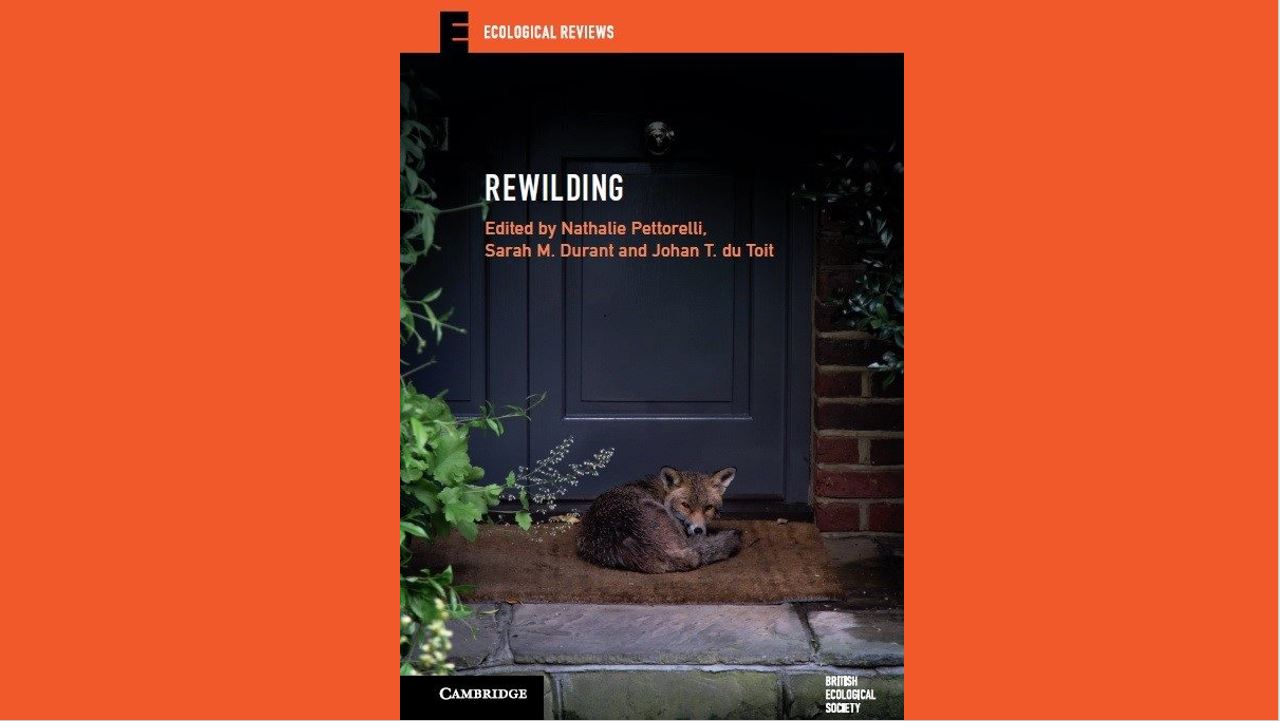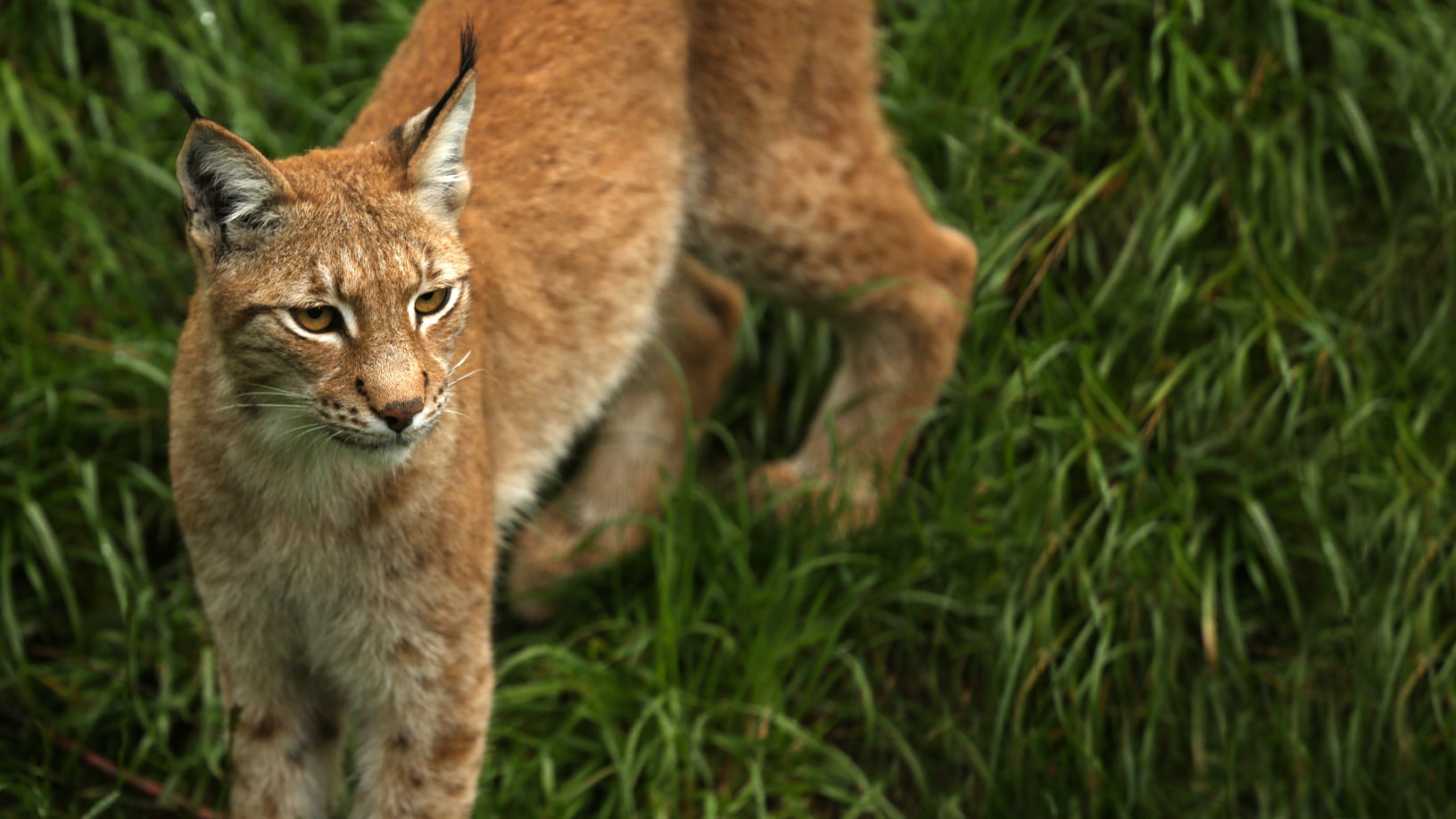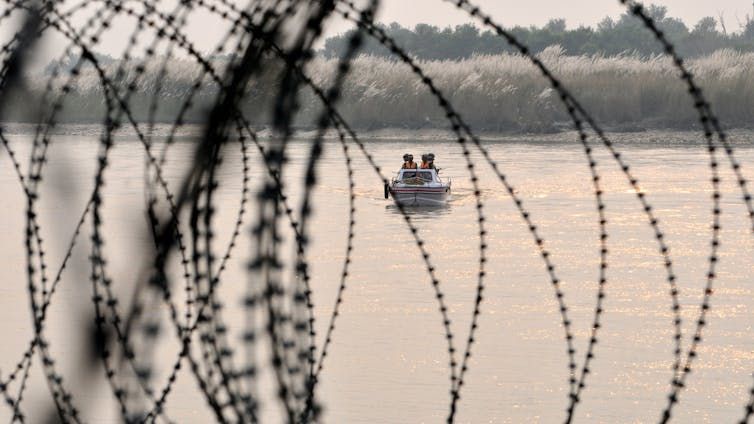
Author Nathalie Pettorelli, Journal of Applied Ecology Blog
Rewilding is perceived by many ecologists and environmental scientists as a highly divisive topic that may have the potential to drastically change the game for biodiversity. The concept is so hotly debated, it has several definitions and is claimed by various schools of thought. For example, some think of rewilding as ‘reintroducing extirpated species or functional types of high ecological importance to restore self‐managing functional, biodiverse ecosystems’; some as the act of “returning a non‐wild area back to the wild’; and others as ‘the reorganisation of biota and ecosystem processes to set an identified social-ecological system on a preferred trajectory, leading to the self‐sustaining provision of ecosystem services with minimal ongoing management’.
At the core of the rewilding debate are different opinions about what conservation science and practice should be about and achieve. These differences are probably best illustrated by the variety of responses one can get to questions such as ‘what is the wild and how do we get more of it’?
That question may, in some respects, seem trivial but your answer will say a lot about your perception of nature, which nature you value and how you connect humans and nature.
As divisive as the topic may be and as tense as the current debate may appear, whoever is concerned with wildlife management cannot afford to ignore discussions on rewilding and miss potential opportunities to improve current biodiversity levels. Yet, if we are to make progress with the rewilding agenda, we as a community need to start building a consensus and identify what we can agree on; that process is however far from easy. It is indeed acknowledged by many that building a consensus in scientific circles can feel like ’mission impossible’, as science primarily remains a competitive undertaking, with individual scientists regularly asked to demonstrate the uniqueness of their work and the impact of their research. These incentives to shine as individuals or teams, which are admittedly also found in other sectors of society, means that scientists are continuously encouraged to find a better idea, a better dataset, or a better algorithm. Said differently, agreement is not a scientist’s first instinct.

Eurasian lynx. Copyright Zoological Society London
This drive to continuously improve on the current state of knowledge is clearly beneficial to science itself, promoting rapid advances to our understanding of the world. But in the case of applied sciences, and for topics like rewilding, the scientific approach can sometimes also hamper actions and slow down environmental progress. There is evidently a need to strike the right balance between evidence availability and timing for decision making, and many scientists have started to engage with other stakeholders to identify where that balance should be. But decision making at the science-to-policy interface is generally influenced by the level of scientific consensus around a given topic. Yet, as a community, we –the applied scientists – are still mostly lacking relevant expertise, experience, and formalised processes to build consensus among ourselves. Because of this, we sometimes miss policy windows to push for change or continue to witness losses we all agree we want to prevent.
So how do we build scientific consensus around rewilding? A first key step is to start engaging the whole scientific community with the concept and facilitate an open respectful discussion on the best ways to move forward with the paradigm shift rewilding introduces to conservation science and practice. For rewilding to deliver on its potential, we will need to draw on all our combined wisdom and expertise. A second key step is to understand the roots to our disagreements. For this to happen, we will need, among other things, to hear each other and be exposed to views that may be fundamentally different from ours. We will make better progress if, through listening to what each other has to say, we identify and build on our commonalities, rather than continuing to focus on our differences.
The idea that we need to start bringing people together and hear each other, was the primary motivator for me, Sarah Durant and Johan du Toit to bring all points of view together in an inclusive book, which we believe addresses rewilding with a global and interdisciplinary perspective and allows it to be understood in the context of social-ecological systems.
Our book: introduces key rewilding definitions and initiatives and highlights their differences and similarities; reviews matches and mismatches between the current state of ecological knowledge and the stated aims of rewilding projects; discusses the role of humans in rewilding initiatives; and highlights the merits and dangers of rewilding approaches, as well as the economic and socio-political realities of rewilding as a conservation tool.
We hope this book will help identify some of the points we can agree on when talking about rewilding, and help our community build a more consensual vision for our natural environment in the coming decades. If we have done our job correctly, then maybe this book will also help readers appreciate how rewilding could be so much more than a purely ecological concept, and how it should relate to discussions around coexistence, societal values, and tolerance for wildlife, and inviting nature right back to our doorstep.
Originally published on The Applied Ecologist’s Blog




38 Comments
Pingback: additional info
Pingback: go now
Pingback: internetinės parduotuvės
Pingback: mj420.delivery
Pingback: Where to order Albino penis Envy Queensland.
Pingback: สล็อตวอเลท ไม่มีขั้นต่ำ
Pingback: Cambodian Mushrooms,
Pingback: locksmith Mount Holly
Pingback: Buy hawaiian magic mushrooms Queensland
Pingback: bonanza178
Pingback: Study Medicine in Nigeria
Pingback: สูตรสล็อต
Pingback: Muay Thai Ticket Bangla
Pingback: phuket cannabis
Pingback: วิเคราะห์บอลวันนี้
Pingback: แช่แข็งไข่
Pingback: daftar togel
Pingback: แทงมวยออนไลน์
Pingback: ขึ้นทะเบียน อย
Pingback: เครื่องกรองน้ำโคเวย์
Pingback: awful webhosting
Pingback: Ulthera
Pingback: cock
Pingback: lucabet88
Pingback: รักษาสิว
Pingback: fox888
Pingback: fenix168
Pingback: เอเย่นส์ Sbobet ในไทยมีเว็บไหนบ้าง
Pingback: browse around this web-site
Pingback: หนังโป๊ไทย
Pingback: casino betflik
Pingback: BAU_2025
Pingback: วิธีฝากเงินหวยเอราวัญ ระบบออโต้
Pingback: Aviator
Pingback: pg168
Pingback: ricky casino
Pingback: mushroom chocolate bars sacramento
Pingback: E slot ทางเข้าเล่นเกมสล็อต